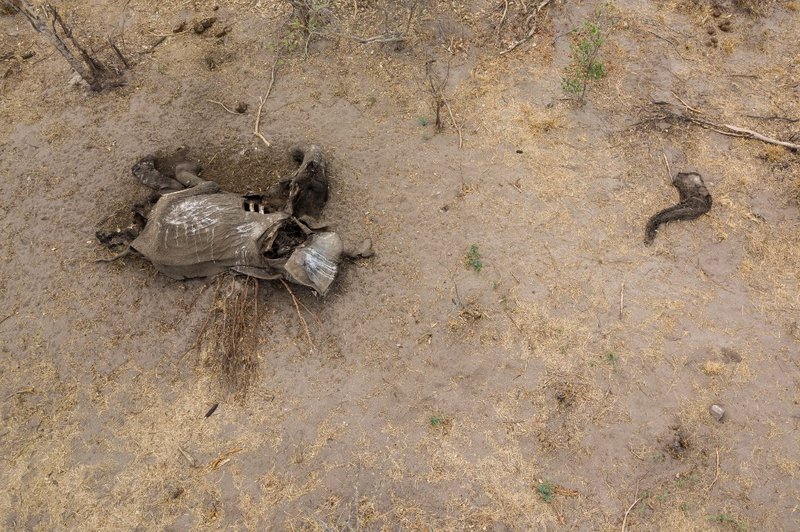UN launches famine and virus aid plan in Zimbabwe
Updated | By AFP
Authorities in Zimbabwe and the United Nations on Thursday launched an emergency humanitarian plan worth $715 million to help a third of the country's population, threatened by famine and at high risk of the coronavirus epidemic.

Targeting 5.6 million people, the plan priorities food aid, water and sanitation, health, education and shelter among other life-saving and life-sustaining support to vulnerable people, including the residual humanitarian needs of Cyclone Idai-affected communities and ongoing support to refugees.
"It is extremely important that the food system keeps on functioning," World Food Programme regional director Lola Castro said.
"It is very critical to maintain that."
So far Zimbabwe has confirmed eight COVID-19 cases including one death.
President Emmerson Mnangagwa on Monday ordered the country's 16 million people to stay at home for three weeks, hoping to slow the spread of the disease.
The impact of the pandemic could be catastrophic for the southern African country, which has a poor healthcare system.
Zimbabwe's economy has been in a slump for more than a decade, experiencing multiple climate and economic related shocks including chronic shortages of cash, fuel, medicines and food.
"Today the COVID-19 Pandemic is the latest shock impacting on the well-being and livelihoods of Zimbabweans," said Sirak Gebrehiwot, UN Communications Specialist in Zimbabwe.
But "food insecurity remains the major concern with over 4.3 million people, or 46 percent of the rural population, requiring continued assistance."
An estimated seven million people in the country need multi-sectoral humanitarian support according to the UN, and rising urban vulnerability has left some 2.2 million people food insecure.
Show's Stories
-
Fans discover singer Sabrina Carpenter has a super famous aunt
The 'Feather' singer is related to one of the most well-known voices ever.
The Drive with Rob & Roz 7 hours ago -
WATCH: Grammy winner Tyla spotted shooting video in Johannesburg
"They ain’t never had a pretty girl from Joburg."
The Drive with Rob & Roz 7 hours ago